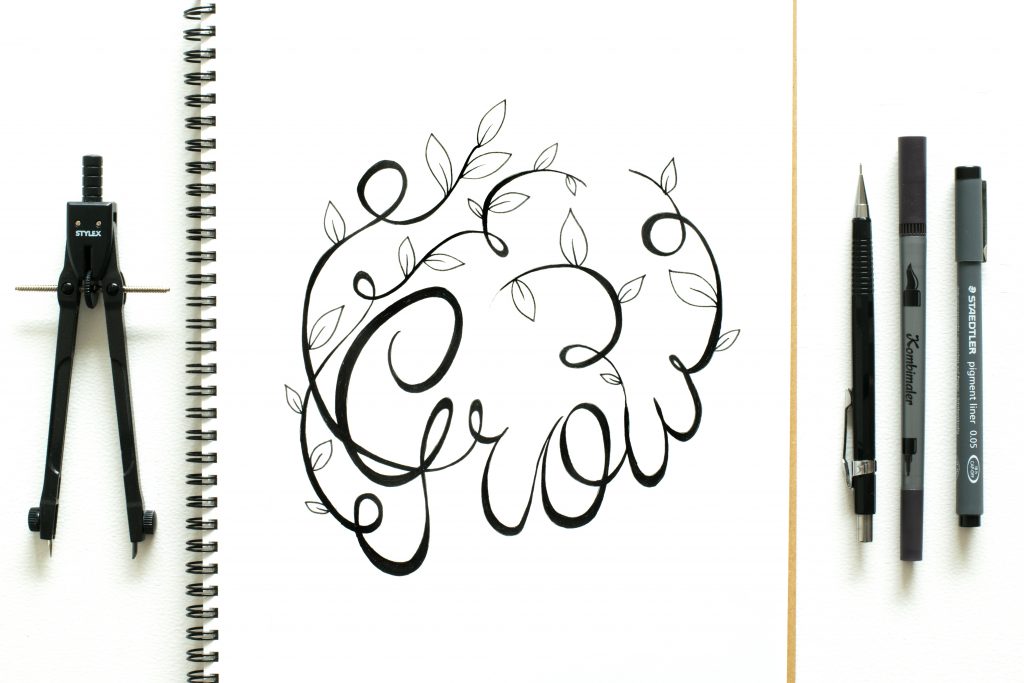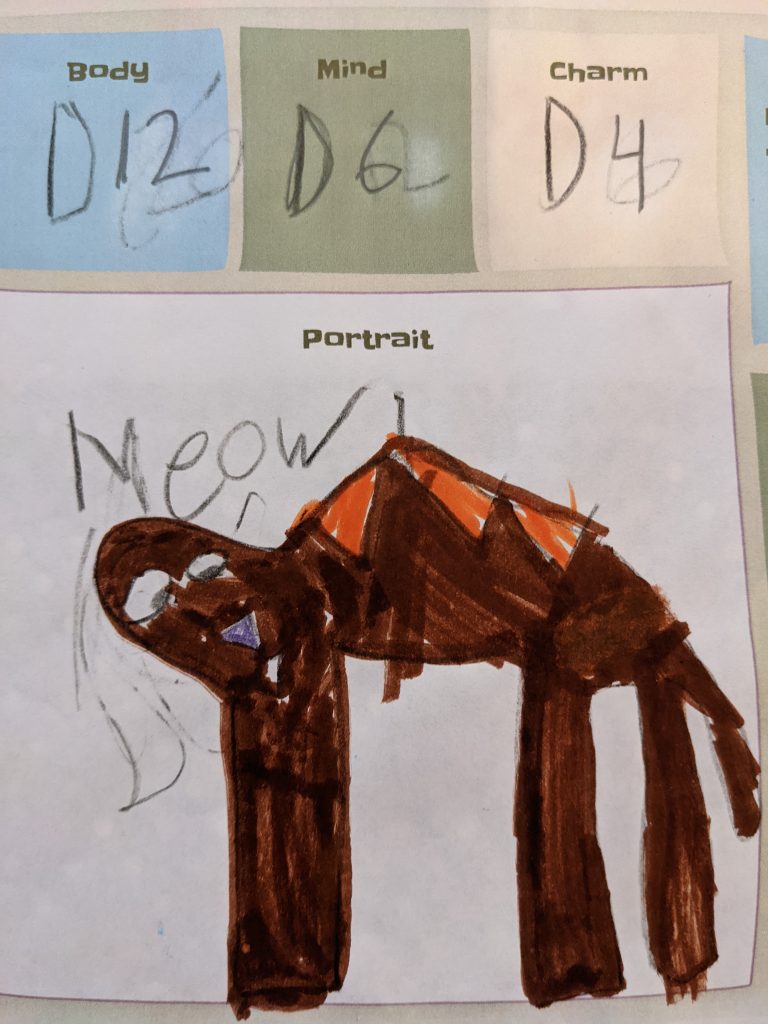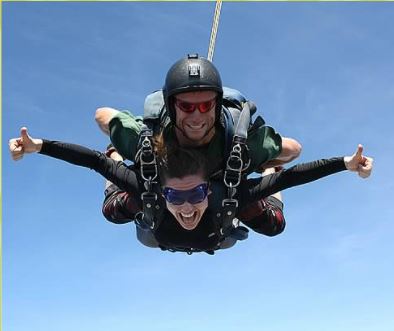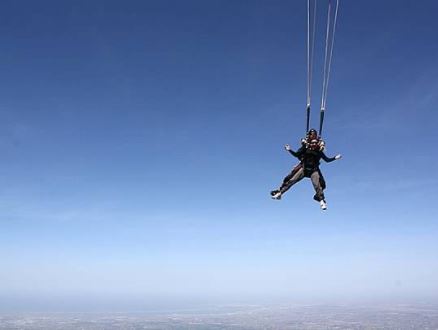When I was in high school, I read The Picture of Dorian Gray by Oscar Wilde1. Since it was published in 1891, I’m just going to assume that what I’ll say here about the novel doesn’t require a spoiler alert. (But, alas, if you want to avoid such a spoiler, kindly skip to the next paragraph now.) What I loved about the novel was the extreme (and incredible) juxtaposition between this dashing young man and the gruesome portrait that hid his true inner reality. He was morally and psychologically bankrupt, a secret held by his portrait. On the inside, he was empty.
Why bring up such a tale in a blog with the subtitle, scientific writing – part 2, you ask? In the paragraphs that follow, I want to argue that writing well, especially writing of the scientific variety, requires the development of certain internal characteristics. It’s not enough to have a Dorian Gray kind of face. We need to do some inner work to effectively engage scientific writing. That is what this post is about.

Before I lose you on the thought, “this doesn’t apply to me because I’m not a scientist! I don’t need scientific writing!”, let me address this erroneous thought head on. In your classes you are engaging scientific work and talking about it, sometimes in written form. That is scientific writing. Many of you will continue to engage these primary resources in future careers. However, even those of you who don’t: the practice of clearly delineating and communicating evidence, at the core of scientific writing, is also key to communication in general. The specific formats and expectations about details (APA style, for example) may vary, but the practice of clear thinking and information storytelling—this is something you will use well beyond your classroom years. As such, in this and future blogs, when I talk about you, dear reader, as a “scientific writer,” this is not a mistake. This is for you.
Now, back to the rodeo.
Developing the Disposition of a Scientific Writer
As a graduate student, I remember co-authoring a manuscript that would become my first peer-reviewed paper published in the well-respected journal Child Development. I remember the excitement of feeling like I had something to contribute, something to say. I had an emotional connection with my paper. It—and by proxy I—was awesome.
And then came peer review.
The peer review for this paper was critical and hard to digest. But in the lengthy process of revision (which took multiple rounds, each with new critical peer review comments), I started to learn some valuable lessons, lessons that I want to share with you today. Reflecting on my experiences with peer review that started in graduate school, I have learned that scientific writing is more effective when I, as the writer, am committed to the ongoing development of a growth mindset and a disposition of curiosity. I believe that good scientific writers share these traits, traits that can—good news—be learned.
Good Scientific Writers have a Growth Mindset
Elsewhere in the CSHB blog archives there are discussions on the growth mindset. Mindset is an idea developed by Dr. Carol Dweck, a developmental psychologist at Stanford University. She argues that there are different ways of thinking about traits such as intelligence. We can consider intelligence (and intellectual capacity) to be relatively fixed—stable and enduring across the lifespan—or malleable—able to be grown and developed with effort. These beliefs about intelligence being fixed or malleable represent two ends of a continuum, with people existing at and between the extremes.
Although Dweck’s work started with intellectual ability, it has expanded to include beliefs about traits like artistic skill, athletic ability, business acumen/leadership, relational capacity, etc. It just makes sense that we could also talk about our beliefs about writing ability. Let’s take a quick check on your beliefs: do you believe that, with practice, feedback (including criticism!), and more practice (and criticism) that you could get better at writing? Or, do you think that you are, more or less, as good as you are going to be? Think about the last paper you wrote: how many times did you read and revise it? Do you think the revision process valuable? Did you seek out critical feedback? When your professor made a suggestion, what kind of reaction did you have? I would bet that students who believe that practice and feedback are a valuable part of improving their writing abilities will spend more time revising, visiting the University Writing Center, and meeting with their professor to review drafts. These efforts are not just because they want a good grade, but because they believe these behaviors are an important part of the process of their writing skill development. This is consistent with a growth-oriented mindset, the belief that effort is directly related to skill growth and associated outcomes. What Dweck’s work shows, in general, is that the belief that you can develop and improve in an ability, like writing, leads you to behave in a way that makes it so, for example by practicing, revising, and seeking out feedback for improvement.

Moreover, an important feature of the growth mindset is the belief that you are not your work2. The work that you produce reflects your effort, sure, but a critical comment (or comments—plural!) is not an inditement of you. Rather, it is feedback about your process, effort, or something that led to the work. This feedback is all a part of the learning and growing process. In a podcast on receiving critical feedback well, Mellody Hobson said something that really made me think: she argued that critical feedback is a gift, and not a right. When someone gives you feedback, no matter how hard it is to hear, it is because they love and care for you enough to give it to you. That, she says, is an opportunity that should not be squandered.
When I receive critical peer review today—and I do!—instead of immediately succumbing to a negative emotional reaction, I reframe the feedback. This peer reviewer at least thought enough of my paper to take the time to read it and provide critical feedback. Their points are worth wrestling with. Even when I don’t incorporate the changes suggested by the peer reviewer, my paper is always better because I had to really think through why they thought what they did, what that means for my argument, and how I can strengthen what I have to say/how I’m saying it. This response is only possible when I don’t take the criticism personal, but instead use it as an opportunity to develop my ability to write more clearly, more persuasively, and more effectively. A growth mindset says that engaging feedback—especially critical feedback—is central to the development of writing well.

Good Scientific Writers are Curious
Although there are likely many more qualities of good scientific writers, the second I want to share here is that good scientific writers are curious. Curiosity is a core feature of good scientists (e.g., “why does the world work this way? What explains that phenomenon?), but it is also reflected in good scientific writing.
Curiosity is reflected in a comprehensive literature review, a deep and developing understanding of all the relevant information to the present question. Curiosity is reflected in creative and clear methods, documented thoroughly to allow for an open and honest appraisal from others. Curiosity is also reflected in an openness to the data. When we, as researchers, look at data, we have our own ideas about why they are the way they are. These ideas come from a number of sources, including our command of the scientific literature and our own worldviews and experiences. Curiosity allows individuals to say, “this is how I see it,” without getting defensive when someone else says, “yes, but have you thought of this possibility?” That other possibility is just that—a possibility. For the curious, possibilities are exciting3.
Back to Dorian
Although the reading of Dorian Gray has stuck with me, high school was also many (too many) years ago. There are details of the story that I don’t remember. And still, I feel confident that Dorian Gray would not have been an effective science storyteller, as he lacked a growth mindset and curiosity (along with a bunch of other important traits). Of course, as a bit of an optimist, I think that even Gray could have, with the right motivation and mentorship, learned these skills. Just like I’m learning them and like I hope you will. It will benefit your writing—and so much more.
I have more to say on scientific writing—and say I will. If you made it this far, I would love to hear from you: what do you find is your biggest barrier to writing well? Do these characteristics of good scientific writers resonate with you? What else might you consider adding to that list? Let me know with a comment below and stay tuned—there is more to come on writing well.
____________________________
1I have not seen the movie, so I can’t comment except to say, rooted in my own deep (non-scientific) convictions, the book is better.
2This is a great, short video introduction to the idea of mindset: https://www.youtube.com/watch?v=KUWn_TJTrnU. Pay special attention to the commentary on Jay and Anne’s work, and how that commentary (i.e., critical feedback) is interpreted.
3Here is a helpful guide for giving and receiving criticism in a way that is helpful: https://www.sciencemag.org/careers/2021/03/science-relies-constructive-criticism-here-s-how-keep-it-useful-and-respectful
If you found this blog helpful, check out the overview of the whole series here, so that you can find more useful information to develop your writing.








